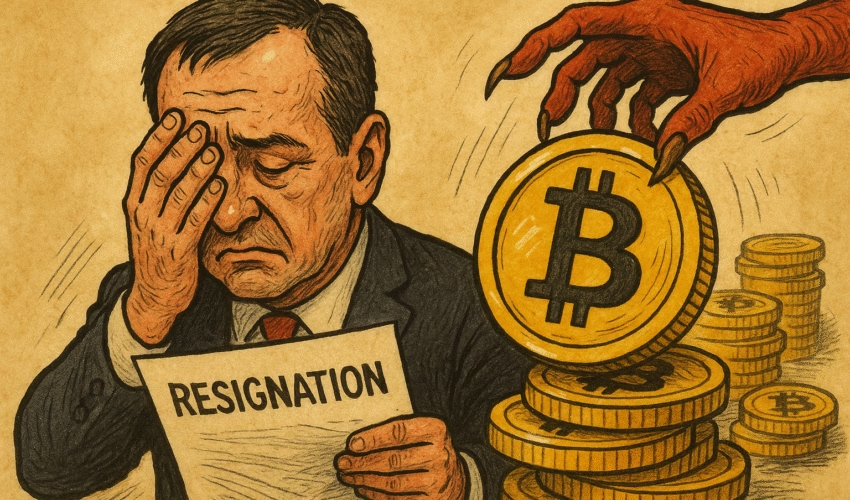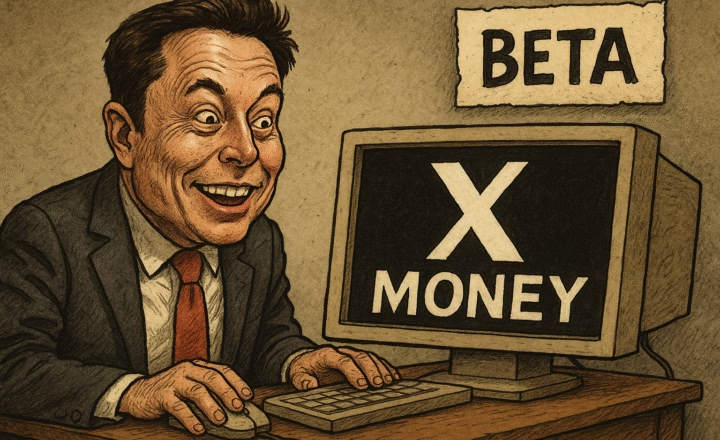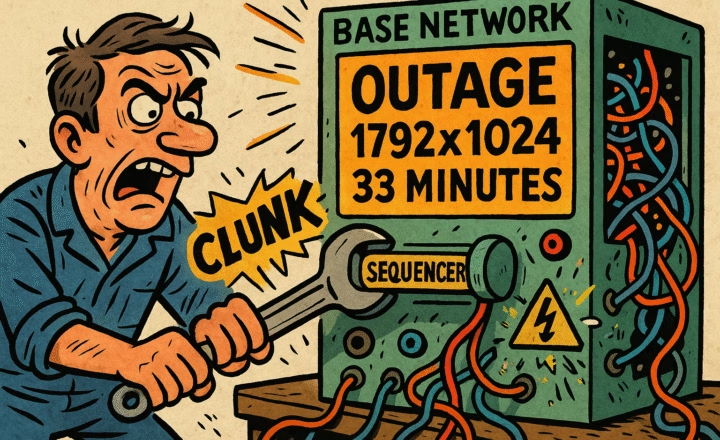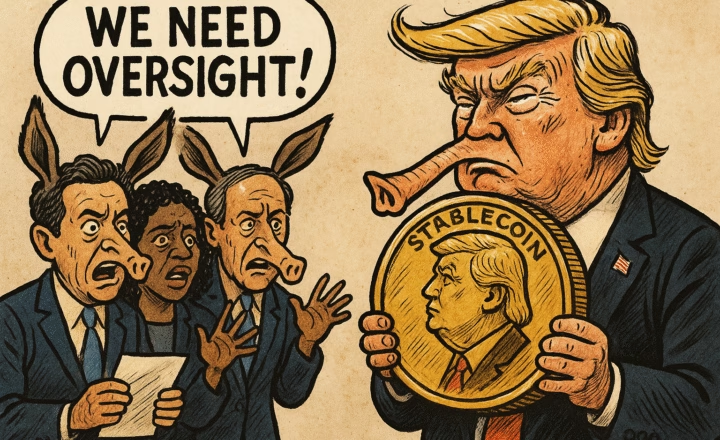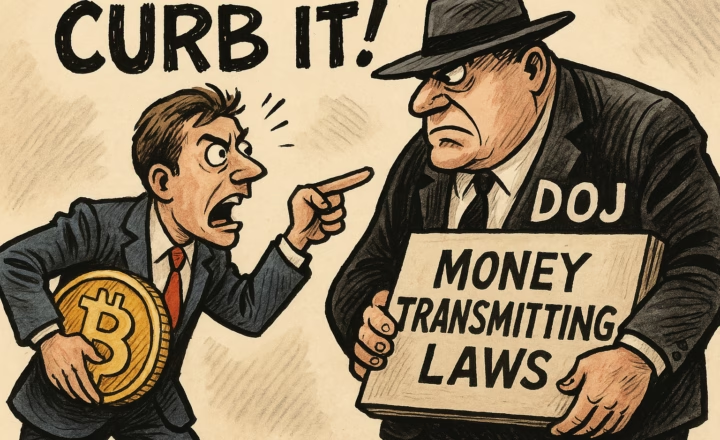High-profile Resignation Follows Public and Political Outcry Over Crypto Tied to Dark Web Activities
Czech Republic’s Justice Minister Pavel Blazek has resigned amid growing controversy surrounding his ministry’s acceptance and subsequent sale of nearly $45 million worth of Bitcoin, originally donated by a convicted drug trafficker. The incident has sparked a political storm and raised serious questions about due diligence, ethics, and the government’s handling of cryptocurrency assets tied to criminal activity.
Bitcoin Sale Raises Eyebrows
The controversy emerged on May 28, when the Czech Justice Ministry announced via X (formerly Twitter) that it had successfully raised approximately 1 billion Czech koruna (roughly $45 million) through the sale of nearly 500 BTC. The proceeds were to be allocated toward digitizing the justice system, improving prison staff housing, and combating drug use within prisons.
Poslední veřejná dražba se uskutečnila včera 27. května, celkem bylo úspěšně realizováno 78 elektronických aukcí a do majetku státu směřuje 956,8 mil. Kč. Více informací se dozvíte na zítřejší tiskové konferenci. Akreditace jsou možné zde: https://t.co/5PYWFoeGNS https://t.co/1FoG3NXIoI pic.twitter.com/hUzce16hxy
— Ministerstvo spravedlnosti ČR (@SpravedlnostCZ) May 28, 2025
While the announcement initially appeared to highlight a successful government auction, local investigative outlet Denik N soon revealed the origin of the funds. The Bitcoin had reportedly come from Tomas Jirikovsky, a convicted criminal behind the now-defunct Sheep Marketplace, a dark web platform once used to facilitate the sale of illegal drugs, weapons, and other illicit goods.
Bitcoin “Gift” Offered and Accepted Without Inquiry
The chain of events began in March 2024, when Jirikovsky’s lawyer approached Justice Minister Blazek with an offer: one-third of Jirikovsky’s Bitcoin holdings would be donated to the Justice Ministry. Blazek accepted the donation without conducting a formal investigation into the source of the cryptocurrency.
At a press conference on May 30, Blazek defended his actions, stating, “I have no way to investigate the matter, and I wasn’t interested so many years after the case.” He further suggested the donation reflected Jirikovsky’s attempt to “repent” for his past crimes.
However, the public reaction was swift and critical. Opposition leaders branded the decision a scandal, pointing to a lack of due diligence in accepting funds from a known criminal figure. The incident gained further traction as police authorities confirmed an official investigation into the origin and legality of the donated Bitcoin.
Jirikovsky’s Criminal Background Casts Shadow Over Donation
Tomas Jirikovsky was convicted in 2017 on multiple charges, including embezzlement, drug trafficking, and illegal possession of weapons. Authorities had previously linked his cryptocurrency holdings to Nucleus, another dark web marketplace dismantled shortly after Jirikovsky’s arrest.
Despite these associations, Jirikovsky claimed that his Bitcoin holdings were acquired legally, which allowed him to retain control over a portion of the funds after serving his prison sentence. He was released in 2021 and has since been actively seeking to reclaim approximately 1,500 BTC that were originally seized during his arrest.
Blazek’s decision to accept part of this controversial trove has drawn criticism not only from the public but also from within his own political circles, highlighting the ongoing ethical and legal dilemmas governments face in dealing with cryptocurrency assets tied to criminal networks.
Political Fallout Leads to Resignation
As pressure mounted and with legislative elections scheduled for later this year, Czech Prime Minister Petr Fiala publicly distanced himself from Blazek, a long-time political ally. The incident became a liability for the ruling coalition, prompting swift political maneuvering.
On May 30, Blazek officially resigned. In his statement, he emphasized that he was unaware of any wrongdoing but chose to step down to prevent further harm to the government’s image. “I do not wish to damage the reputation of the government or the governing association,” he said.
A New Era of Crypto Regulation in Czechia
Blazek’s resignation comes at a time when the Czech Republic is beginning to establish clearer regulatory frameworks for digital assets. On February 6, Czech President Petr Pavel signed into law a landmark cryptocurrency bill aimed at aligning the country’s regulations with those of the European Union.
The legislation incorporates key provisions from the Markets in Crypto-Assets (MiCA) framework and seeks to create a transparent and innovation-friendly environment for crypto businesses operating within Czechia. Among its measures are simplified tax rules, enhanced consumer protections, and mechanisms to combat money laundering and terrorist financing through blockchain-based assets.
While this new legal clarity was intended to enhance Czechia’s reputation as a hub for fintech innovation, the scandal involving Blazek underscores the complexity of crypto governance in practice — particularly when digital assets originate from legally or ethically ambiguous sources.
Conclusion
The resignation of Justice Minister Pavel Blazek highlights the growing pains that nations experience as they integrate digital assets into public finance and legal frameworks. Although the donation may have been legally permissible, the lack of scrutiny over its origins and the high-profile nature of the donor ultimately made Blazek’s position untenable.
As Czechia moves forward with its new regulatory regime under MiCA, the government may be compelled to strengthen due diligence standards, especially when dealing with cryptocurrency donations, asset seizures, and public auctions. The incident serves as a stark reminder that regulatory clarity must be matched with ethical oversight, particularly in the high-stakes world of digital finance.

